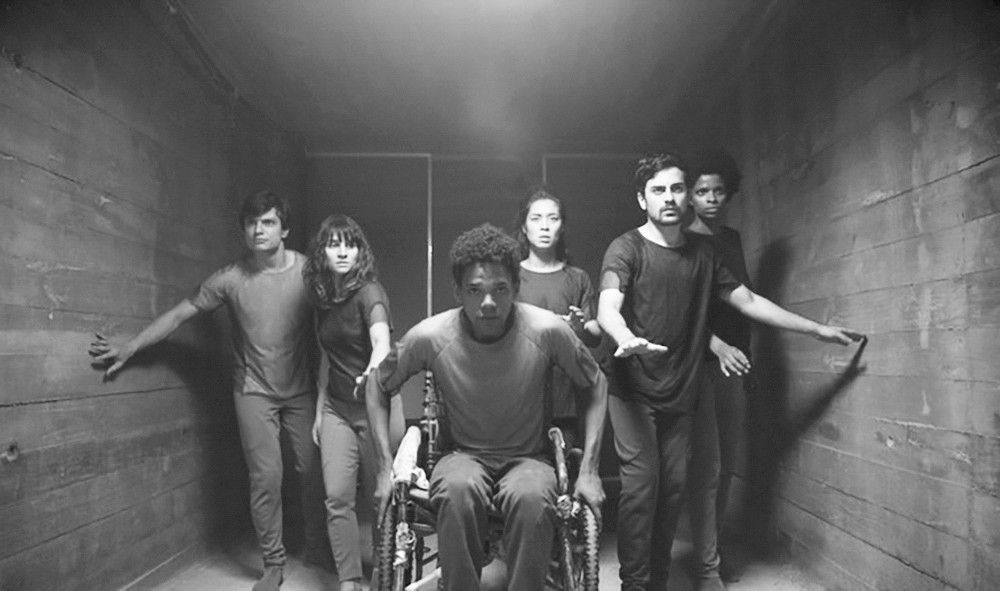 NETFLIX’S LATEST ATTEMPT AT THRILL SEEKING RESULTS in 3%, which tells the tale of fighting for a better life.
NETFLIX’S LATEST ATTEMPT AT THRILL SEEKING RESULTS in 3%, which tells the tale of fighting for a better life.As the newest original release from Netflix, Brazilian-produced dystopian thriller 3% seems to be riding on the coattails of the popular Hunger Games franchise. The show debuted its eight-episode first season on November 25, and has quickly become the subject of binge-watches nationwide.
If you’re familiar with The Hunger Games, you understand that the backbone of the show revolves around a competition that promises the winner a better life. In The Hunger Games, this competition is based around a fight to the death, where people from all rivaling districts struggle against each other in a gladiator-style pit of death. 3% takes a marginally more intellectual approach: all 20-year-olds from a futuristic, impoverished version of Brazil work through a series of tests, and the top 3% are granted the opportunity to live in a perfect society, called “The Offshore,” someplace in the middle of the Atlantic Ocean.
It’s easy to see where the show could be called derivative; the concept of people pitted against each other in hopes of a better life has certainly been touched on in the last few years. In the wake of The Hunger Games or Ender’s Game, the entertainment market was filled to the brim with minor spins on the format of young people fighting for a better life. There isn’t an easy way to make 3% sound groundbreaking or original in that regard, but that’s not to say that it doesn’t have its merit elsewhere.
Where the show excels is its interaction between characters. 3% follows the experiences of five characters as they go through the process of becoming the 3% granted to live in The Offshore: Michele, Fernando, Rafael, Marco, and Joana. Michele is a shy, quiet girl who wants to follow her boyfriend to the The Offshore; Fernando is a wheelchair-bound genius who wants to be the first disabled person to reach The Offshore; Rafael is a compulsive narcissist who will do whatever it takes to make it; Marco is a well-off leader who comes from a long line of people who have successfully made it to the offshore; and Joana is an orphan who has spent her entire life fending for herself. Here, the show plays on some archetypes, but also makes a point to explore the humanity in each of the characters; these are people who need to decide where their morality ends and their will to survive begins, and the process to find the 3% is designed specifically to test those grounds.
Netflix programming has made a name for itself in production quality, and 3% is no exception; the show is visually interesting in the dichotomy that it casts between the poverty-stricken inland and the wealthy, powerful Offshore. The show makes liberal use of special effects to draw the audience into their terrifying and perfect future. In the world created by the writers of 3%, technology has a way of getting into a person’s head and exploiting their flaws.
In the end, it’s easy to write off 3% as a clone of other popular franchises, but that wouldn’t be giving the show the credit that it deserves. If anything, it’s a well-constructed evolution of those types of the shows it’s derived from.
